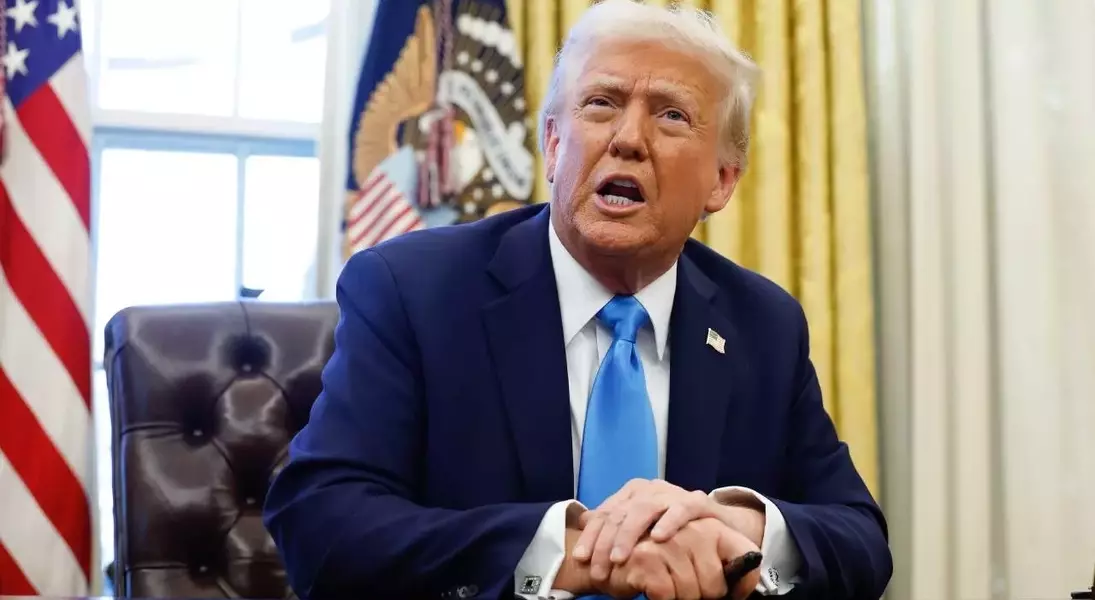
Recent developments in trade policy have raised concerns about the potential economic repercussions. The announcement of new tariffs by a prominent world leader has introduced uncertainty into both bond and stock markets, with significant implications for inflation and investment values.
The introduction of these tariffs could lead to increased costs for imported goods, which would subsequently affect consumer prices. This measure, intended to protect domestic industries, might inadvertently drive up the cost of living. When foreign products become more expensive due to additional taxes, American consumers will likely face higher prices. Moreover, reduced competition can embolden domestic producers to raise their prices as well. Any manufacturer relying on imported raw materials, such as metals or oil, may also pass along increased expenses to buyers. Consequently, this scenario could result in a general rise in the cost of living across the board.
Financial experts warn that prolonged tariff-induced inflation could prompt central banks to adjust interest rates. If inflation rises significantly, monetary authorities might increase rates to prevent overheating of the economy. Such actions could cause bond prices to drop since investors demand higher yields to compensate for diminished purchasing power. Even without immediate intervention from the central bank, financial markets may react by pushing up required bond yields, thereby lowering bond prices. Short-term government securities and floating-rate bonds, however, might offer some protection against these shifts.
Market volatility is another consequence of unpredictable trade policies. Investors value stability, and any disruption caused by erratic governance can lead to higher demands for returns. Should trading partners retaliate with their own tariffs, it could harm U.S. exports and slow down economic growth. In such a case, the central bank might need to lower interest rates to stimulate the economy, potentially leading to higher bond prices as investors seek safer assets.
In conclusion, while tariffs aim to bolster domestic industries, they carry risks of sparking inflation and destabilizing financial markets. Investors should closely monitor how these policies unfold and assess whether they serve as negotiation tactics or long-term strategies. It's crucial for policymakers to strike a balance between protecting national interests and maintaining global economic stability. By fostering constructive dialogue and cooperation among nations, we can promote sustainable growth and ensure a prosperous future for all.
